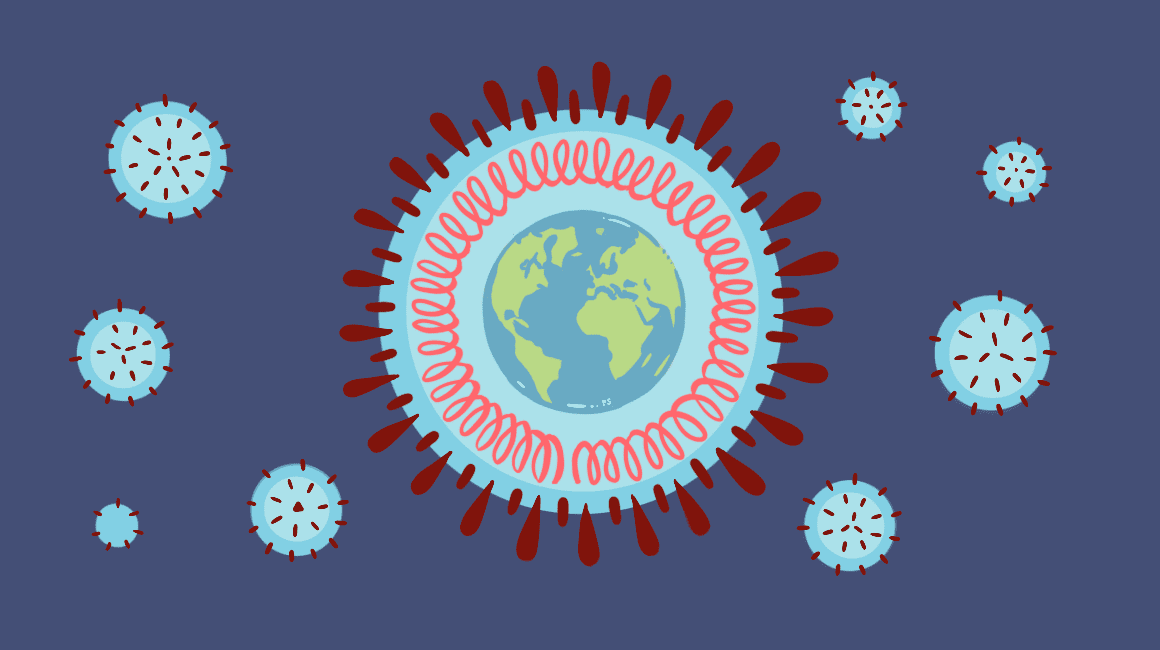
IGI Launches Major Automated COVID-19 Diagnostic Testing Initiative
Volunteer scientists will analyze patient samples at IGI’s new COVID-19 diagnostic testing lab, with a turnaround of less than 24 hours.
The COVID-19 pandemic is worsening, and the U.S. has a critical lack of rapid, accessible, and reliable testing capability. To track and contain the virus, we must test more people. In response to this urgent need, the Innovative Genomics Institute (IGI) has launched an ambitious effort to establish a COVID-19 diagnostic testing laboratory on UC Berkeley campus. The UC Berkeley Tang Center and medical centers around the East Bay will collect patient samples, and we will test these samples for SARS-CoV-2, the virus that causes COVID-19.
Using robotics and a streamlined process, the IGI testing lab will soon perform 1000 tests per day, with the ability to perform up to 3000 tests per day if necessary. In coordination with the UC Berkeley Tang Center and under revised guidelines from the CDC, FDA, CDPH, and an emergency declaration from Governor Gavin Newsom, we are able to expedite the clinical testing approval process.
We expect to begin testing patient samples within a week, significantly increasing testing capacity and speed in the Bay Area.
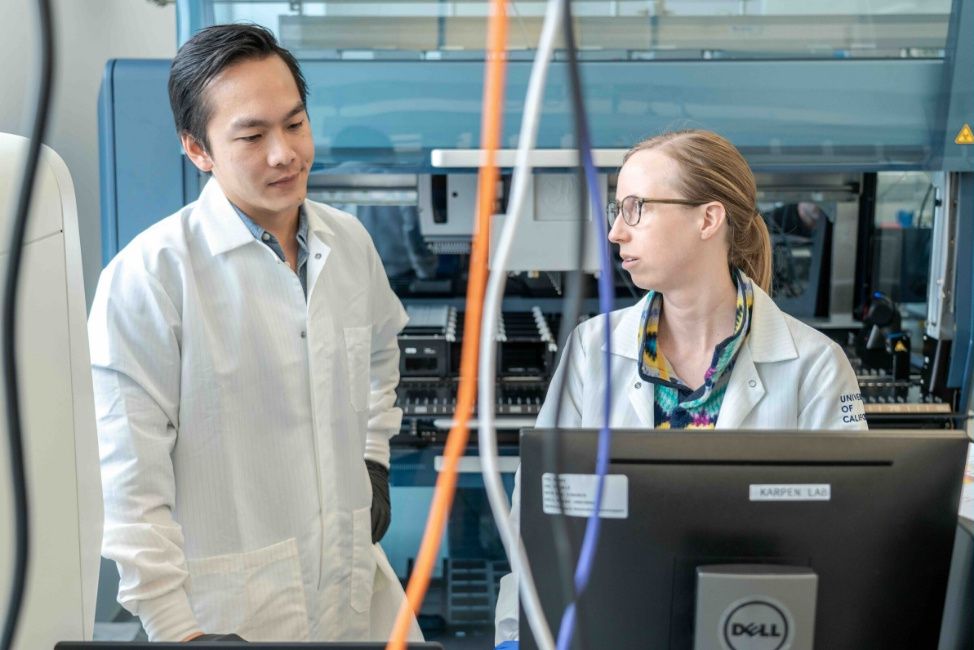
The IGI is a Bay Area research partnership founded by Jennifer Doudna, co-developer of CRISPR. “We are interested in serving the public good,” said Doudna. “The expertise in our institute and in our community can address this public health emergency through the kind of coordination we are uniquely capable of.”
Within hours of putting out a call for volunteers, more than 800 local researchers offered to assist in our testing efforts. Over the last two weeks, IGI researchers, staff, and local volunteers have worked around-the-clock to get testing up and running. Collaboration with local biotech and data management companies has been crucial to these efforts.
“The first goals are personnel safety and minimization of human error, and the second is to speed outcome,” said Fyodor Urnov, IGI Scientific Director of Technology and Translation and leader of the testing efforts. “We sat down and said, ‘How do we design this for success, even for the worst case scenario, for the amount of testing we need to do?’”
The test we are using starts with an established, FDA-approved, RT-PCR-based test that looks for the presence of viral RNA, and accelerates the throughput without sacrificing accuracy.
“All of our laboratories do PCR every day,” said Doudna. “But for this test we need to go above and beyond to ensure we can provide accurate detection. We put in place a robotic pipeline for doing thousands of tests per day, with a pipeline for managing the data and getting it back to clinicians. Imagine setting that up—a process that would normally take months to years—in a couple of weeks. It’s really extraordinary and not something I’ve ever seen in my career.”
Test results from the IGI will be provided to health care workers within 12 to 24 hours of sample collection, a dramatic improvement over the typical turnaround times of 5 to 7 days. Rapid testing results are a necessity for isolating, tracking, and containing the virus.
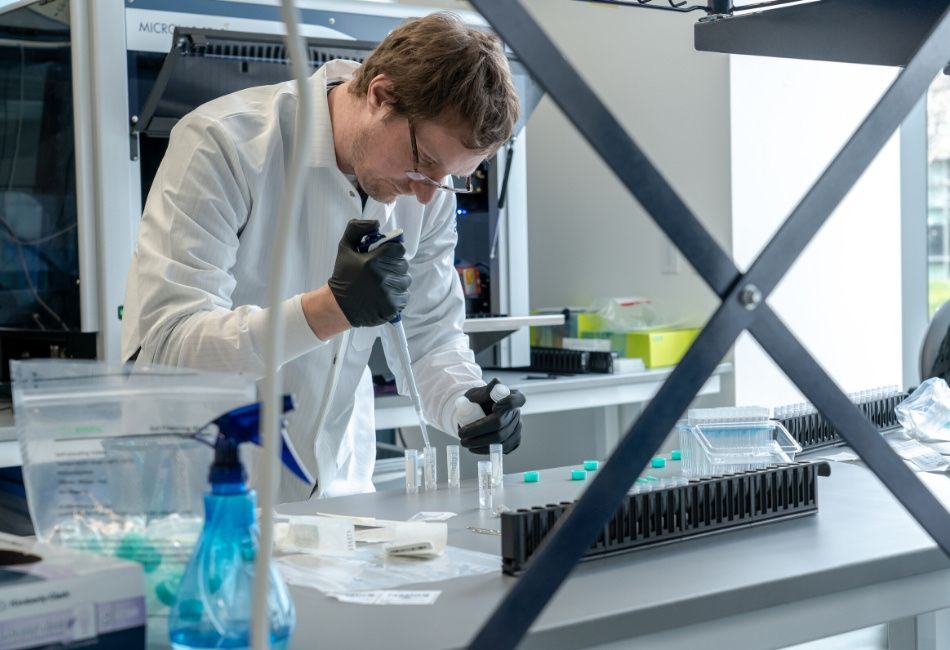
Our rapid testing protocol was developed in cooperation with similar efforts at the Chan Zuckerberg Biohub, and would not have been possible without support from Guy Nicolette, Assistant Vice Chancellor of UC Berkeley Health Services; Robert Tjian, UC Berkeley Professor of Molecular and Cell Biology; Randy Katz, UC Berkeley Vice Chancellor for Research; and Mike Botchan, UC Berkeley Dean of Biological Sciences.
The IGI has also established about a dozen COVID-19 rapid response research teams for longer-term efforts. “Coronaviruses have been around for a long time and we don’t expect them to go away any time soon,” said Doudna. This research is crucial to responding to the current pandemic and future outbreaks.
Over a hundred local researchers came together to form the rapid response teams in just a few days, forming new collaborations to address this public health crisis. The teams are focused on COVID-19 diagnostics, therapeutics, and therapeutic delivery.
One team is working towards using CRISPR proteins to make inexpensive diagnostics that could be used at home. Another team is working towards delivering therapeutic molecules directly to the lungs. Other research focuses on testing surfaces in the community and asymptomatic carriers to better understand how the virus spreads. These are just a few of the innovative efforts under way, uniting institutions including UC Berkeley, UCSF, the Gladstone Institutes, UC Davis, and Stanford.
“These groups came together at amazing speed,” Urnov said. “Witnessing this team spirit has been one of the honors of my professional life. It doesn’t matter where you work. The level of camaraderie, the spirit of a shared goal, is nothing short of inspiring.”
The Innovative Genomics Institute (IGI) is a non-profit, academic partnership between UC Berkeley and UC San Francisco that supports collaborative research projects across the Bay Area. The IGI envisions a world in which genome-engineering innovations benefit humanity and are accessible to all. As pioneers in genome editing, functional genomics, and other cutting-edge technologies, IGI scientists continuously push the boundaries of science.
Media Contact
Andy Murdock: andymurdock@berkeley.edu
You may also be interested in
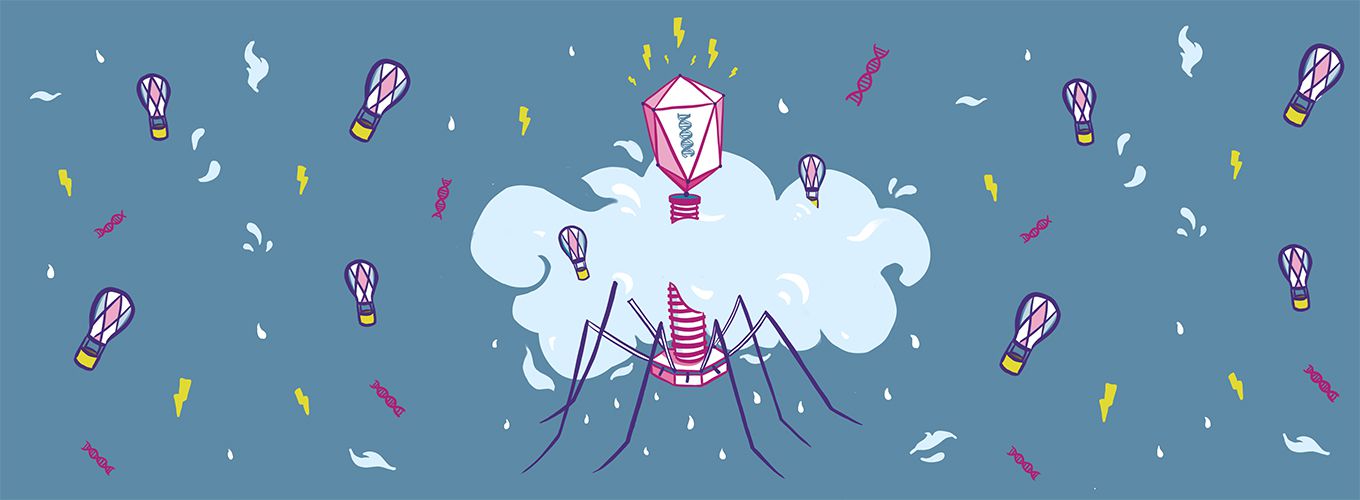
New Study Shows Huge Phages Are Everywhere
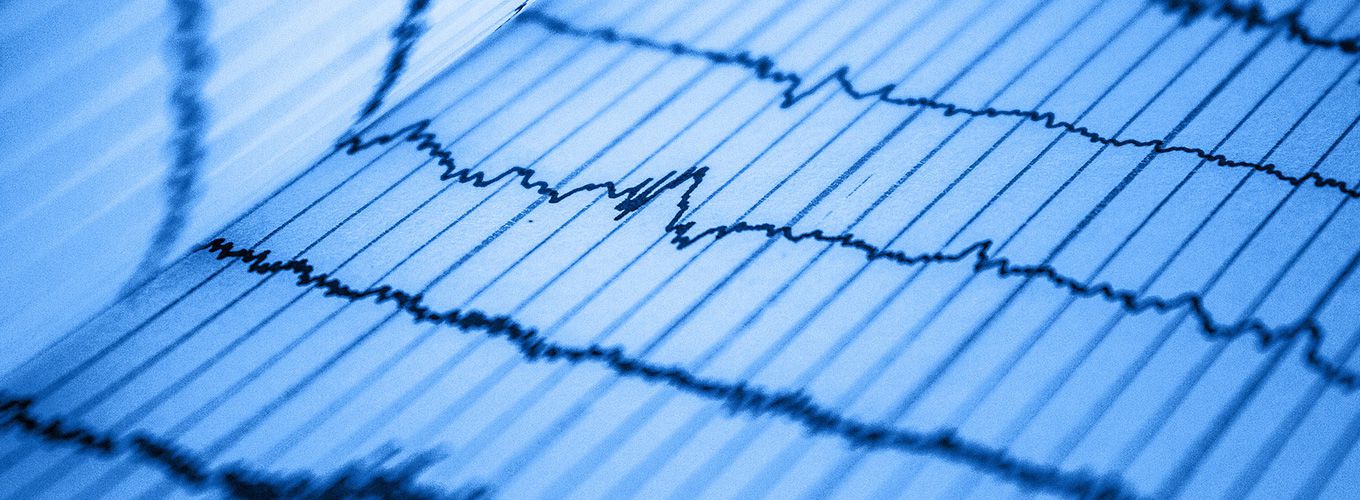
CRISPR Clinical Trials: A 2019 Update

From Battlefields to Cancer Wards: CRISPR to Combat Radiation Sickness

 By
Hope Henderson
By
Hope Henderson